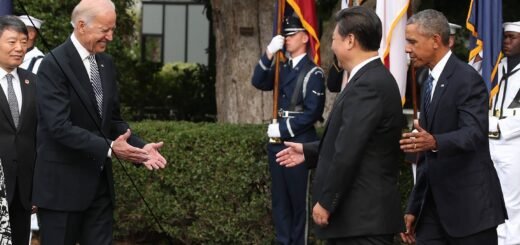Intricacies for the new Bennett – Lapid Government of Israel

After the dissolution of 35th government (Netanyahu – Gantz government), Israel held fourth election since April 2019. Following this, Israel got the new government (Bennett – Lapid government) with the razor thin majority of 60-59 in 120 member Knesset, with one Member of Knesset (MK) abstaining. This 36th government is ideologically the most diverse government Israel had seen since its creation consisting of eight parties, from left (Meretz, Labor), right (Yamina, Yisrael Beiteinu, New Hope), centre (Yesh Atid, Blue and White) and an Arab Islamic Party known as Ra’am. This is the first time Israel had an Islamic party in ruling coalition. The ruling coalition government’s agreement states that Naftali Bennett will serve as PM for initial two years and then Yair Lapid will become PM for next two years who will initially serve as foreign minister. So, this kind of diversity in the ruling coalition speaks of the daunting task that lies ahead for the Bennett – Lapid government.
The first test that this government will face is of extending the family reunification law. This law prohibits granting citizenship to Palestinian who marries Israeli citizen primarily Arab Israeli. The purpose of this law was to deny terrorists access to Israel through the citizenship process. It’s passed in 2003 and is being extended every time by right wing parties but some parties of ruling coalition such as Meretz, Labour and Ra’am party are against the extension. On the other hand, some MKs of Likud party including Netanyahu (who earlier used to support the extension of law) are planning to oppose it in order to embarrass the ruling coalition and exploit the fissures in it.
Another challenge for the government will be to pass the budget through negotiation among eight parties, last time the budget was passed in March 2018. It is necessary for the government to pass it in 100 days, otherwise Knesset will get dissolved and fresh elections will be conducted.
The future survival of this government will depend upon how Bennett will take each and every MK along with him considering the thin majority it have. However, that will be difficult to achieve as had been seen during approval voting for government. One of four MK of Ra’am party had abstained from voting. Ra’am MK Said al-Harumi abstained in protest of demolition of Bedouin homes in Negev region. The Bedouin are Arab nomadic tribes living in Negev region in southern Israel. Despite having Ra’am party in ruling coalition which has supported Bedouin’s cause, the nomadic tribe is not much hopeful of decline in their misery by this new government.
It will be keenly watched how this government will approach the Palestinian issue as it have parties having opposite stands on the Palestinian question. On this issue, it should be kept in mind that both Bennett and Lapid have veto power over each other’s decisions. So, it will be difficult for Bennett to further annex some parts of West Bank and for Lapid to enter into negotiation for two state solution, of which Bennett is against.
The main challenge for Bennett will be, how he will carry forward this government of diverse ideological parties and will run the daily business of the state. The prominent reason for these eight parties to come together to form such a fragile government was to unseat Netanyahu who was ruling from 12 years and is also indicted on corruption charges. However, Netanyahu has already vowed that he will make a comeback. The chances are slim that the government will complete its full tenure as the Channel 12 poll had shown that only 11% of Israelis think that this government will complete its full tenure, while 43% think that it won’t last for so long. In such a scenario, it will be interesting to see how this government will face off the challenges in going forward and manage their differences on key issues while retaining their thin majority.


















